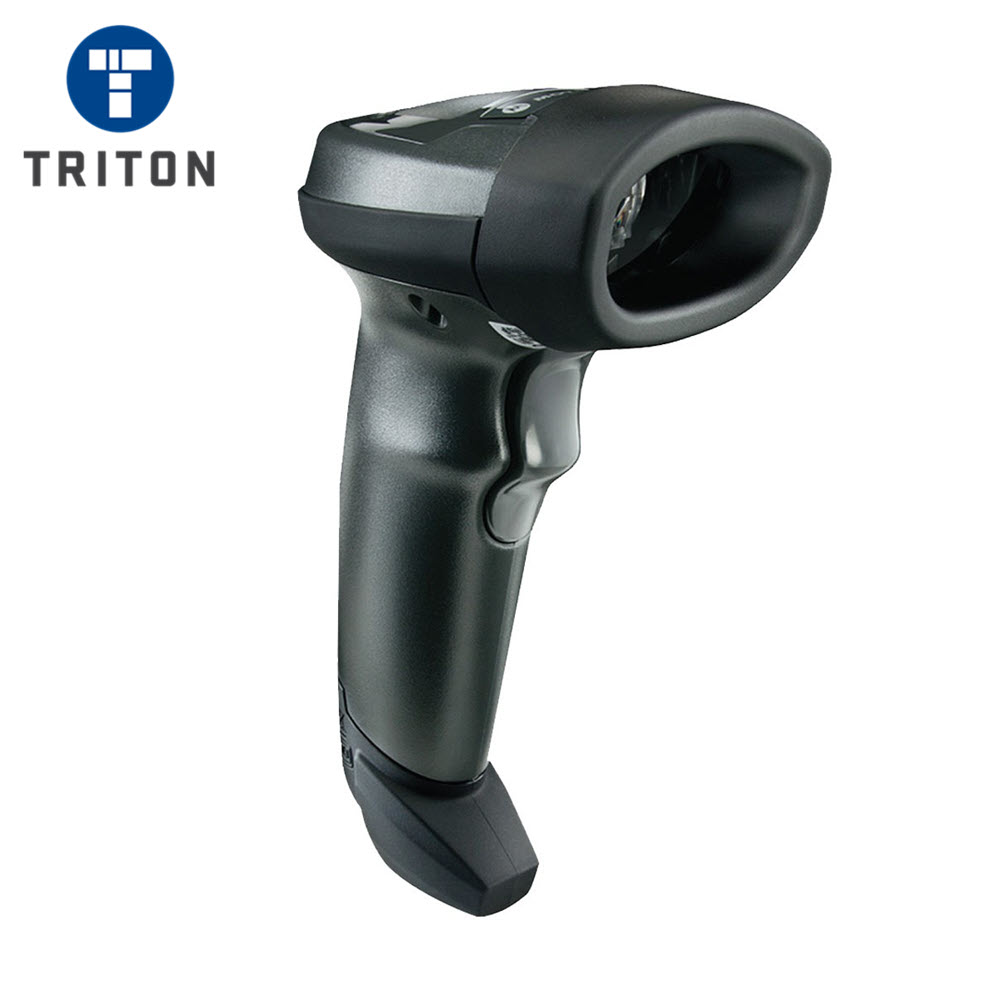Top-Rated Barcodes Scanners for Warehouse
Top-Rated Barcodes Scanners for Warehouse
Blog Article
Picking the Right Barcode Scanner for Your Company Requirements
Picking the ideal barcode scanner for your organization requires a nuanced understanding of your specific functional demands and ecological conditions. Elements such as scanner kind, rate, and compatibility with existing systems play a pivotal duty in determining the right selection.
Recognizing Barcode Scanner Kind
When it comes to selecting a barcode scanner, recognizing the numerous types available is essential for meeting details organization requirements. Barcode scanners can be categorized into numerous kinds, each developed for different applications and settings.
Fixed-mount scanners, on the various other hand, are created for high-volume scanning applications, usually found in setting up lines or checkout counters. These scanners are placed in a stationary position, permitting for fast scanning of multiple things in succession.
One more type is the mobile computer system, which incorporates scanning capabilities with calculating power. These tools are suitable for area operations or storehouse management, allowing information collection and real-time inventory tracking. In addition, there are commercial scanners that are built to hold up against severe settings, such as severe temperatures or exposure to dirt and wetness.

Trick Attributes to Consider
What important functions should companies prioritize when picking a barcode scanner? Firstly, scanning rate is critical, as faster scanners improve functional performance, specifically in high-volume settings. The scanner's capacity to review various barcode formats is additionally essential; guarantee it sustains prominent types like QR codes, UPC, and Code 128 to suit diverse supply products.
Longevity is an additional vital feature, especially for businesses in sturdy setups. Try to find designs that are built to withstand drops, dirt, and moisture. Furthermore, think about the connectivity options readily available; whether you prefer USB, Bluetooth, or Wi-Fi, the appropriate connection can improve integration with existing systems.

Evaluating Your Company Setting
To properly choose a barcode scanner, organizations should take stock of their certain operational atmosphere. This analysis includes examining the physical design of the work area, the nature of the items being checked, and the common problems under which scanning takes place. For example, a retail setting may call for handheld scanners that can swiftly refine purchases at the checkout, while a storehouse setup could benefit from ruggedized scanners created to sustain harsher conditions.
Furthermore, take into consideration the quantity of scanning required. High-throughput environments may require innovative scanning innovations, such as fixed-position scanners or mobile tools that can run efficiently in fast-paced situations. The integration capabilities with existing inventory management systems likewise play a crucial function; guarantee the selected scanner can perfectly link with software program systems in operation.
A scanner that satisfies present demands may not be enough as company expands. By completely analyzing these elements, services can select a barcode scanner that not just meets prompt requirements however additionally supports long-term functional effectiveness and versatility. barcodes scanners.
Budgeting for Your Scanner
Having evaluated the functional setting and identified the particular needs for a barcode scanner, the following action involves cautious budgeting to make certain a smart economic investment. Developing Look At This a spending plan starts with identifying the total expenses connected with the scanner, including initial acquisition price, functional expenditures, and potential upkeep costs.
When choosing a barcode scanner, think about the variety of readily available alternatives, from portable tools to fixed-position scanners, as prices can vary significantly. It is necessary to balance expense with performance; going with a more inexpensive version may result in increased functional inadequacies if it does not satisfy your service requirements.
Along with the equipment, element in costs associated with software application, you could try here training, and potential upgrades. While it may be appealing to lessen in advance expenditure, buying a high quality scanner that lines up with your functional demands can generate lasting financial savings via enhanced efficiency and lowered downtime.
Last but not least, think about the overall cost of possession, which encompasses the scanner's life-span and potential resale worth. By diligently preparing your spending plan, you can make certain that your investment in a barcode scanner will certainly improve your operational efficiency and financial efficiency.
Assimilation With Existing Solution
Incorporating a barcode scanner with your existing systems is vital for optimizing its effectiveness and making certain seamless operations. barcodes scanners. A well-integrated scanner enhances workflow performance, lowers mistakes, and speeds up information handling. When selecting a barcode scanner, consider compatibility with your present browse around this site software and equipment infrastructure, including your inventory management systems, point-of-sale (POS) systems, and business source planning (ERP) solutions
Evaluate whether the scanner utilizes basic protocols such as USB, Bluetooth, or Wi-Fi, which can help with very easy assimilation. Furthermore, evaluate whether the scanner's software application offers APIs or SDKs that enable for personalization and combination with proprietary systems. This is especially crucial for services with one-of-a-kind operational demands.
As your company expands, your systems ought to be able to accommodate additional scanners and deal with boosted information volumes without significant reconfiguration. Ultimately, spending in a barcode scanner that effortlessly integrates with your existing systems will certainly produce long-lasting advantages, boosting precision, efficiency, and total productivity within your procedures.

Final Thought
In conclusion, choosing a suitable barcode scanner requires a thorough examination of various factors, including scanner kinds, important attributes, and the details service environment. Correct budgeting for both procurement and operational prices is important, alongside making sure compatibility with existing systems. By meticulously thinking about these elements, organizations can improve effectiveness and performance, inevitably bring about boosted functional outcomes. The right barcode scanner works as an essential device in simplifying processes and facilitating reliable stock management.
Report this page